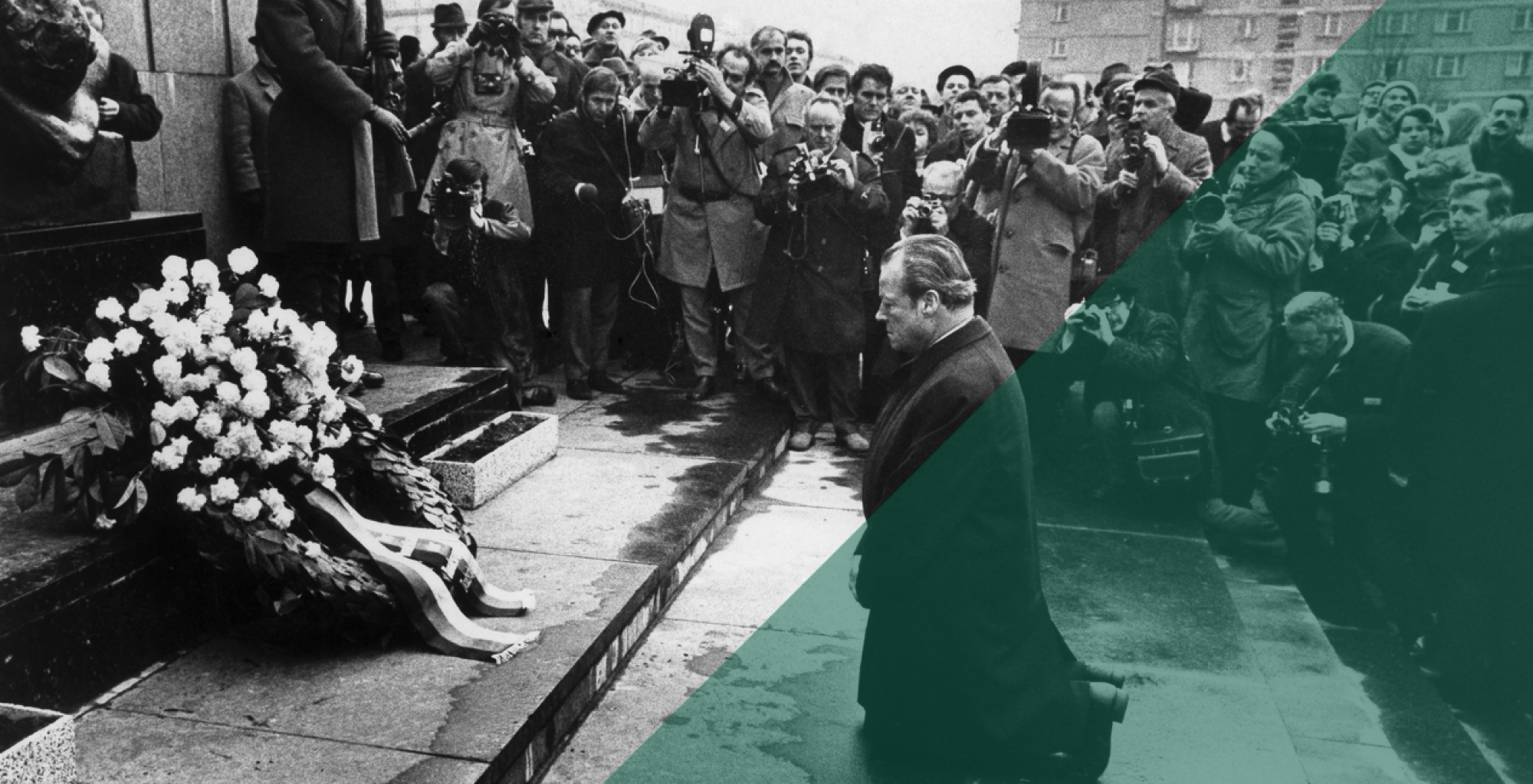The PAC team published the results of their study of the texts of political apologies (N=203 offered by 50 countries). In this exploratory study, we conducted a cross-national comparative analysis of the texts of political apologies and coded whether they included a statement of sorry, apology, or regret (IFID), and an acknowledgement of wrongdoing, acceptance of responsibility, promise of non-repetition, promise of reparations, recognition of victim suffering, victim re-inclusion, victim praise, or a recognition of moral values/norms. In our analysis, we coded for the presence of these components but also for how these components were expressed (implicit/explicit). Although we did find a sort of baseline template that apologies across the world consist of, there is clear variation in the quality of how these components are expressed. We conclude by stating it is crucial to take into consideration how the apology elements are expressed and how explicit countries are when recognizing past wrongdoings since it is likely to affect the extent to which apologies actually address victims’ needs.
The article can be found open access via:
Zoodsma, M., Schaafsma, J., Sagherian-Dickey, T., & Friedrich, J. (2021). These Are Not Just Words: A Cross-National Comparative Study of the Content of Political Apologies. International Review of Social Psychology, 34(1), 15. DOI: http://doi.org/10.5334/irsp.503
This publication is part of the special issue #Sorrynotsorry: Social psychological and intergroup underpinnings of political apologies of the International Review of Social Psychology (@irsp_rips).

